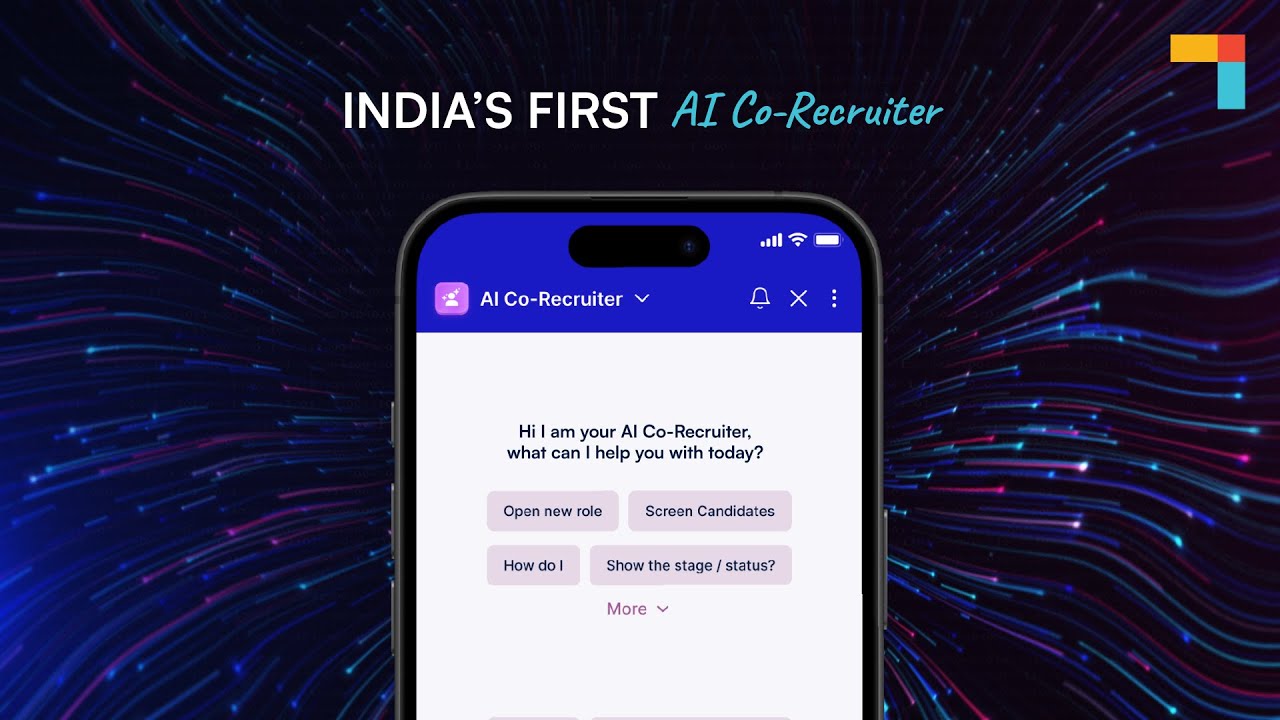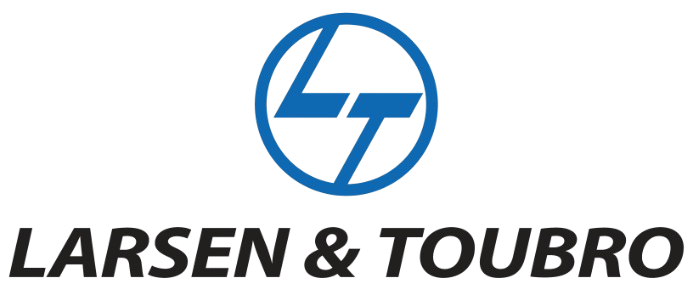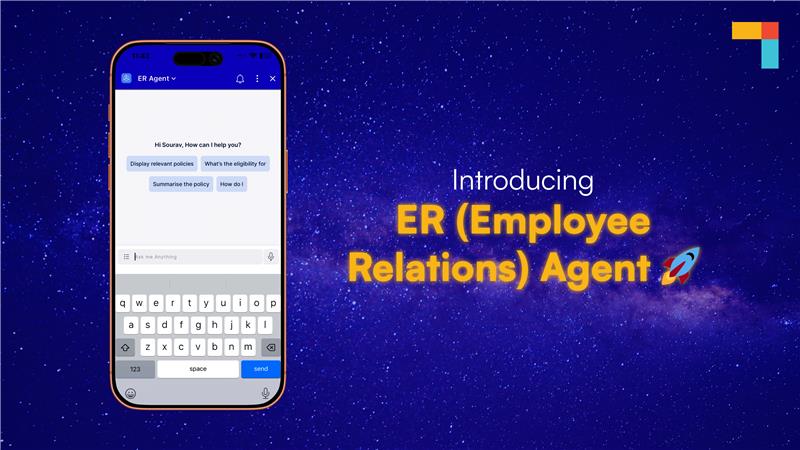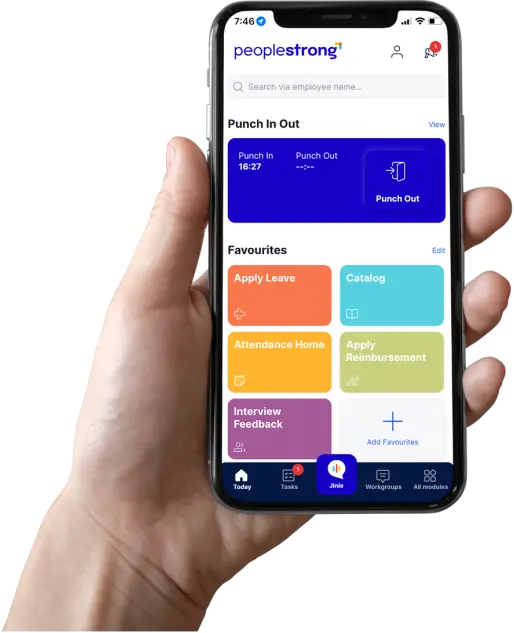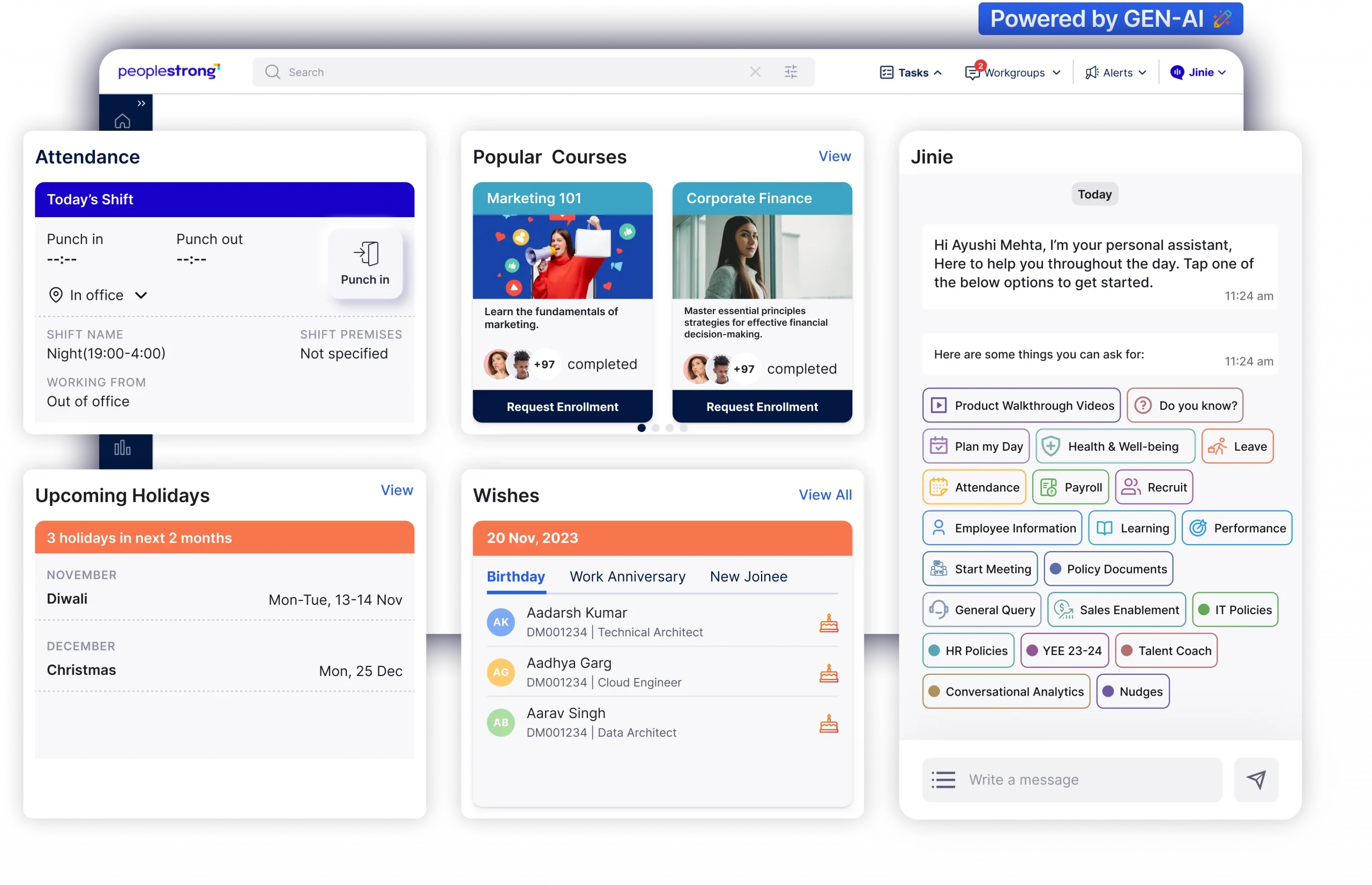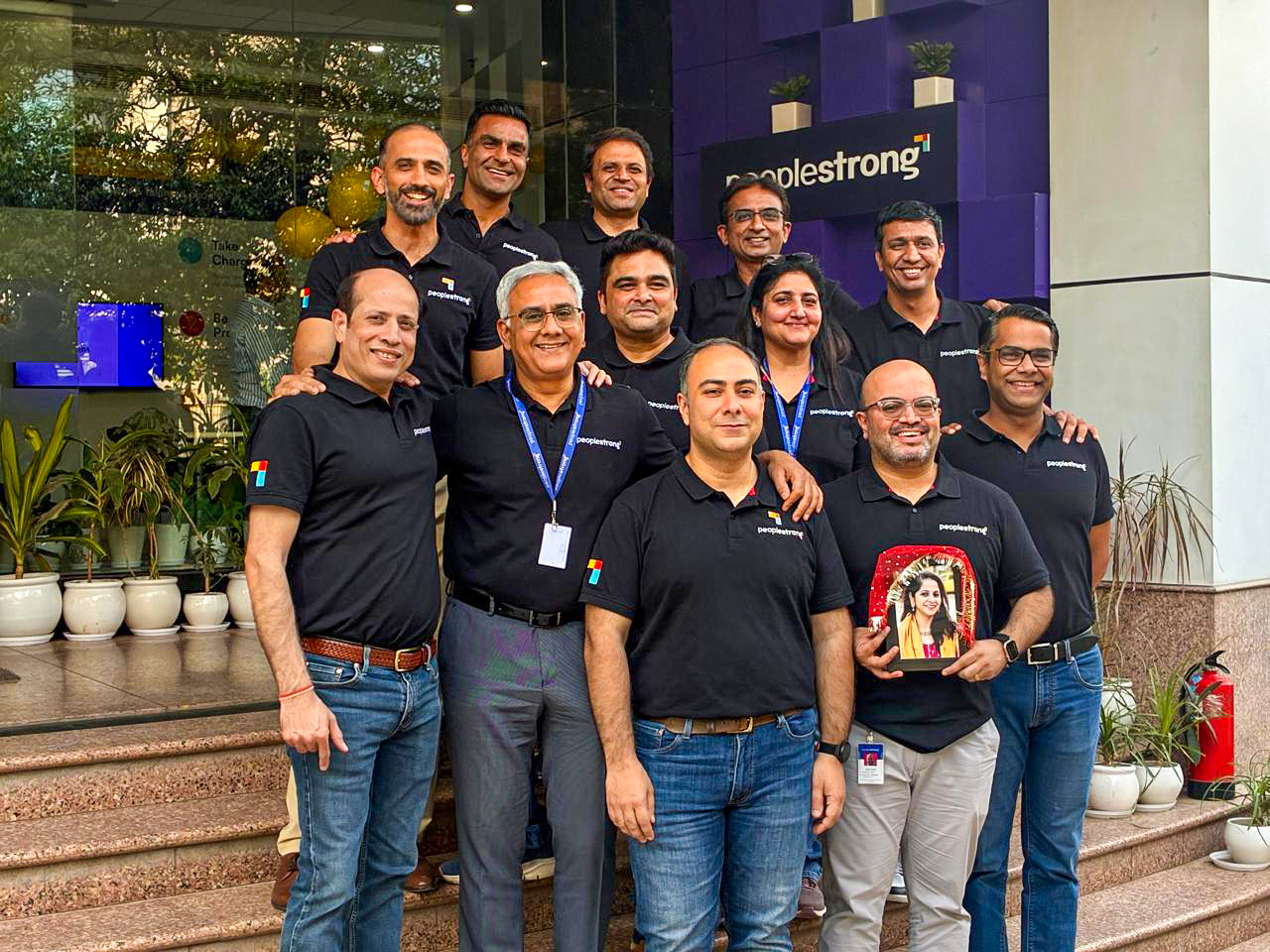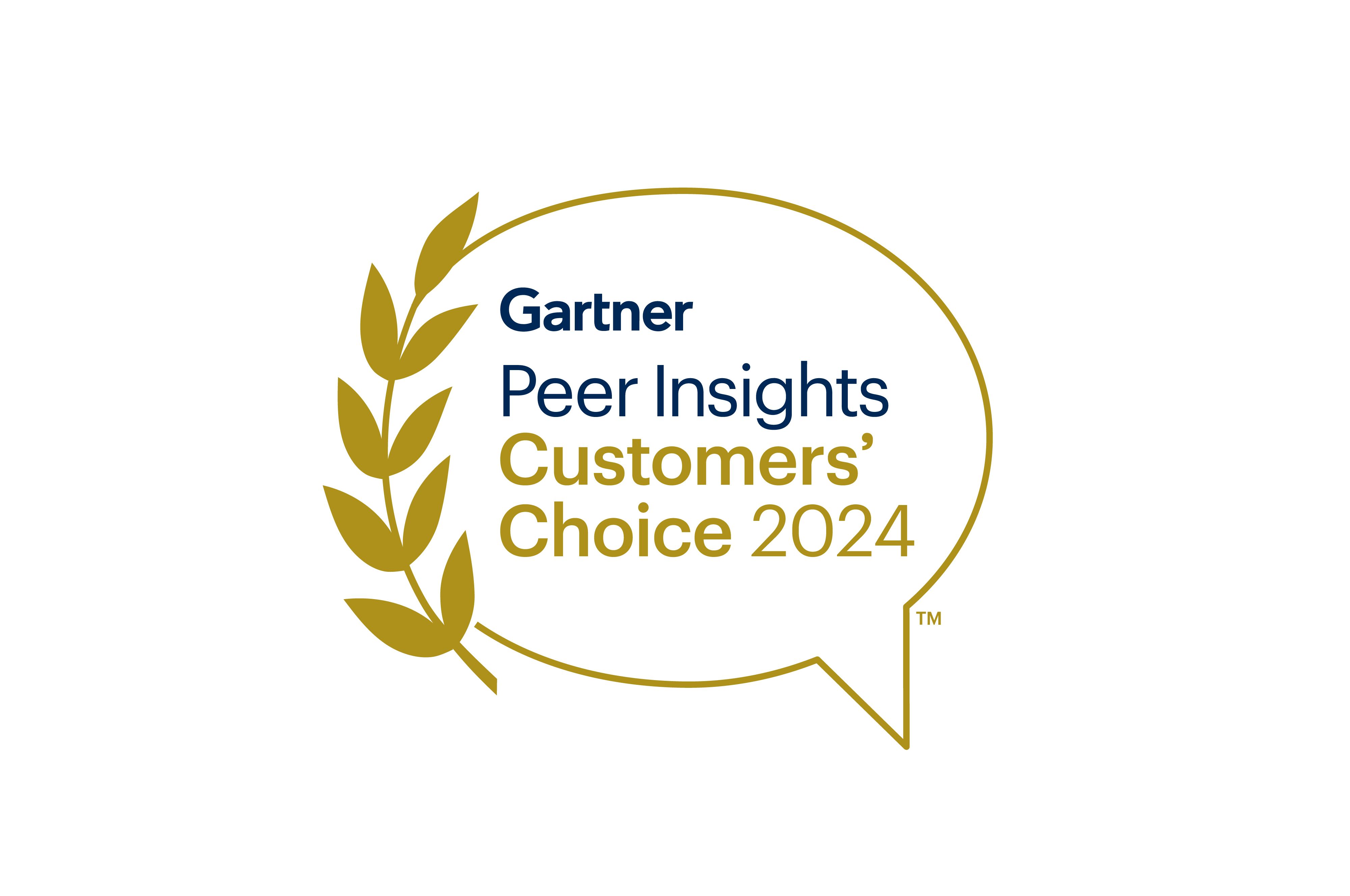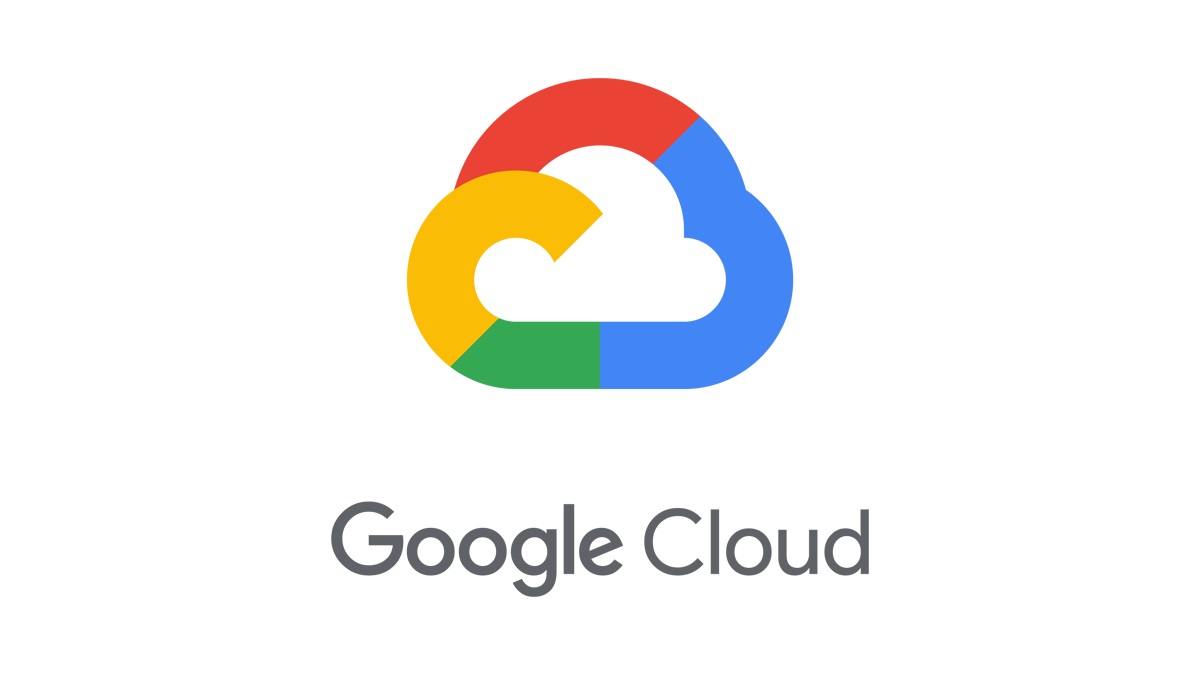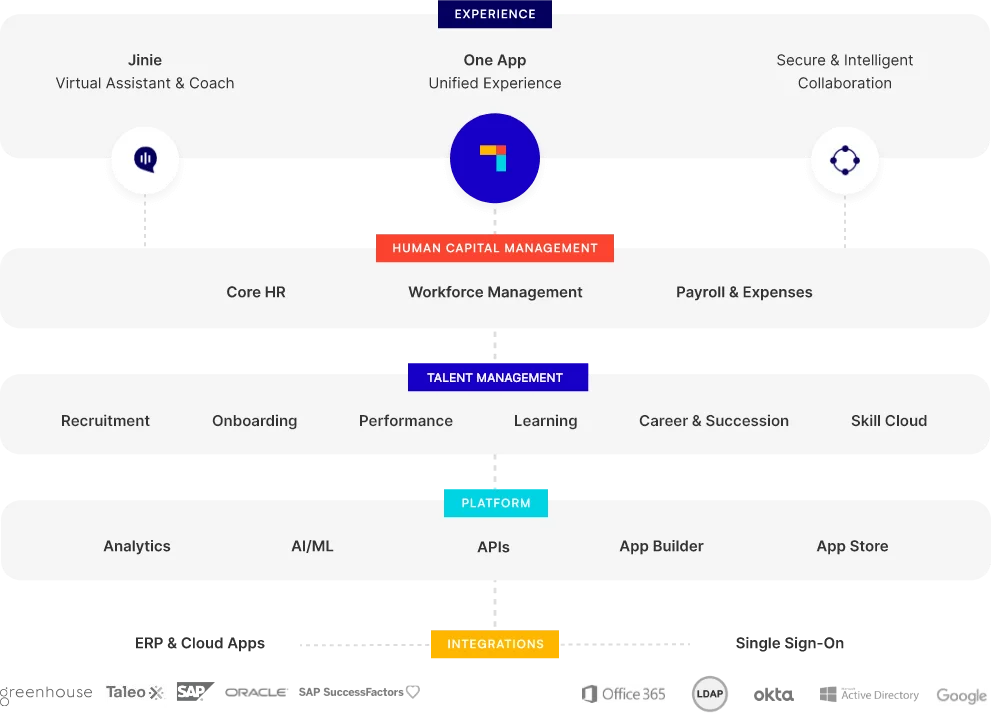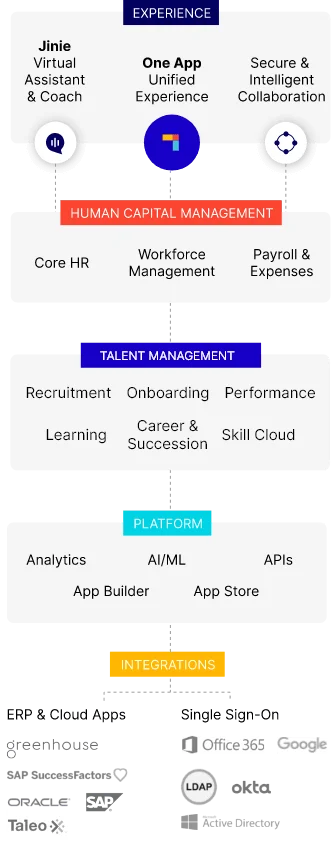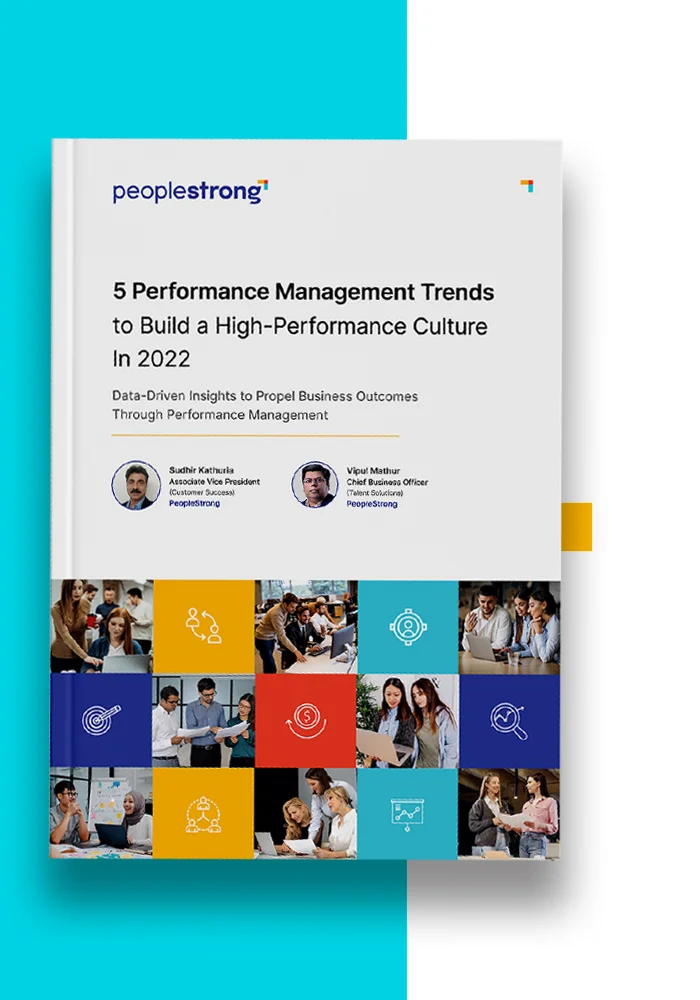The Middle East region is experiencing a digital transformation in the recruitment sector, with artificial intelligence slowly taking centre stage. Saudi Arabia and the United Arab Emirates (UAE) are trailblazers when it comes to adopting AI in hiring activities.
According to studies, the AI market in the Middle East and North Africa (MENA) region is expected to grow from $500 million in 2020 to $8.4 billion by 2026. This is only an indication of how this market is committed to adopting developments in artificial intelligence in recruitment.

In this article, we will explore the impact of AI in the HR sector of the Middle East, how HR leaders can benefit from its applications, adoption challenges, and best practices.
AI for Recruiting in the Middle East
The impact of AI in the Middle East hiring process is yet to be fully discovered, but there is significant data to indicate that adaptive AI and generative AI are being used to streamline the recruitment process.
With modern technological advancements, AI is gaining more and more momentum in recruiting and talent acquisition. AI-powered tools are being used to simplify and automate tasks, screen resumes, personalise job recommendations, reduce bias, and provide a positive candidate experience.
According to a study, AI-powered recruitment platforms are becoming popular in this region due to their ability to match job listings with suitable candidate profiles, thereby reducing time-to-hire and boosting the quality of hire.
The only consideration in the local context is the impact of AI on jobs and society. But it is widely understood that planned implementation, ethical frameworks, legal compliance, and transparency can uplift the Middle East’s AI landscape. Hence, embracing AI recruitment software responsibly can enhance productivity and reduce human error margin significantly.
Benefits of Using AI for Recruiting
Artificial intelligence recruitment tools offer several benefits to optimise the candidate lifecycle in a company’s hiring workflow. Let’s discuss some of them here:
Enhanced Candidate Sourcing
With AI-powered recruitment tools, you get the boost of machine learning to read and analyse large pools of candidate data from job sites, social media platforms, etc. AI matching can help narrow down potential candidates, assess their qualifications, and shortlist people most suited to a job opening.

Streamlined hiring process
The entire hiring process can be streamlined by AI, right until onboarding and beyond. You can automate repetitive tasks, gather insights into candidate patterns, and personalise communication with job seekers through an AI platform. It also reduces the time consumed by each stage of the hiring process and leaves your HR professionals to focus on more complex tasks.
Suggested Read: Recruitment Process Guide for HRs in Middle East
Reduced Bias
An unconscious bias may often creep into recruiters and talent acquisition professionals while selecting applicants to move forward in the recruitment pipeline. To prevent this, all you need to do is set the qualifying factors to scan for, and your AI tool will suggest the most qualified candidates from the talent pool without any human biases.
Improved Candidate Experience
AI tools optimise the time-to-hire, thus improving candidate experience on all fronts. You can address candidate queries promptly through chatbots, offer feedback, fast-track each interview stage, and provide a personalised experience to each candidate.
This helps in creating a better company reputation and also saves time and money.
Higher Engagement
AI-powered chatbots engage candidates throughout the recruitment process by answering their questions instantly and studying their behavioural patterns to customise their experience. These interactions make candidates feel valued and eager to work with the company.
High levels of engagement during the hiring process ensure that you don’t miss out on the best applicants and complete the recruitment process with higher success rates.
Efficiency and Scalability
Needless to say, AI recruitment tools are more efficient than their manual equivalent. Using automation, machine learning, and natural language processing (NLPs), they can accomplish tedious tasks in minutes, like reading through hundreds of applications or responding to all candidate queries.
Additionally, AI software can be scaled to accommodate your growing business and analyse a larger volume of recruiting data without adding extra resources or significantly increasing your budget.
Data-driven Insights
NLP algorithms can analyse large volumes of data, identify patterns of behaviour, and even figure out candidate preferences. You can use these data-driven insights to make informed hiring decisions without manual effort.

Challenges in Adopting AI in the Middle East
There are a few challenges, both general and specific to the Middle East, regarding the adoption of artificial intelligence for recruiting needs.
- There is a clear lack of market penetration in the area, with a dearth of data and discussion about using AI for the recruiting process.
- Marketing and sales are the primary industries with widespread AI applications, with human resources lagging somewhat behind.
- There is a need to conduct education and awareness initiatives about how AI can revolutionise hiring activities.
- Companies may face resistance from their staff in adopting AI for daily tasks.
- People have a fear that AI may take over their jobs, when in fact, AI is aimed to enhance their manual capabilities.
- Relying heavily on AI tools opens up your data pool to security breaches and privacy concerns.
- If the technology fails, you may end up losing valuable information.
The good news is that the AI sector is constantly evolving, with more advanced algorithms to address the above challenges.
Dubai’s Centennial Plan 2071 vision emphasises its commitment to embracing AI as an integral part of business operations in the next five decades. Hence, CEOs in the Middle East are focusing their attention on AI’s transformative capabilities as a way of futureproofing their businesses.
How to Use AI for Recruitment
Here are some ways you can use AI in recruiting activities:
Talent Market Analysis
You can use AI to conduct research on the talent market in the Middle East, identifying industry trends and demands. This can help you beat competitors and develop data-driven hiring strategies aimed at maximum efficiency.
Predictive Hiring
Through historical data analysis, AI tools can predict candidate success and identify factors that can increase employee retention. By recognising what candidates need and expect, you can plan the company’s future hiring strategies effectively.
Objective Hiring
Leaving candidate screening to AI ensures you avoid manual bias in qualifying candidates based on factors like race, gender, and age. This leads to a more objective approach towards recruitment, which hiring managers can use to ensure diversity in their organisation.
Automated Screening
Candidate screening can take weeks and months, considering there are hundreds of job seekers for each role. Automating screening tasks saves precious time, which can be used for other activities.
Suggested Read: Automated Resume Screening Guide for Middle Eastern Recruiters
Onboarding Tasks
Integrating AI support in onboarding tasks can streamline the process and personalise the onboarding journey based on the individual’s role, experiences, and preferences. You can use AI to create learning pathways taking the employee’s skills and learning style into account. This builds a sense of belonging in the new hire.
Conclusion
Artificial intelligence is the future of recruiting in the Middle East. With companies rushing to optimise their hiring funnel with advanced technologies, it is only natural for you to do so as well. All you need is AI-powered HR software to supercharge your recruitment campaigns.
Choose PeopleStrong to gain a powerful HR tech with Gen-AI that streamlines every step of your hiring drive and candidate management workflow for improved efficiency and reduced expenses. Try it now!
